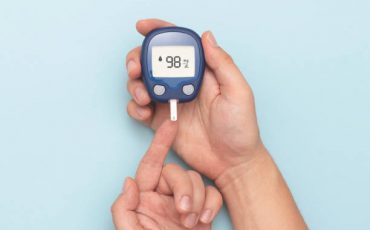As the Communications and Engagement Officer at TwinsUK, Aaruthy is responsible for developing and implementing a comprehensive communication strategy that aligns with TwinsUK’s objectives and values. This strategy encompasses various channels, such as social media, newsletters, website content, and more. Aaruthy’s role also involves organising and attending engagement events to promote TwinsUK.

What kind of culture did you grow up with?
As a Sri Lankan Tamil born in the UK, I grew up with a rich and vibrant Tamil culture that played a significant role in shaping my identity. Tamil is my mother tongue, and I am fortunate to be able to speak it fluently. In addition to regular schooling, I attended Tamil school on Saturdays during my secondary school years. This allowed me to learn to read and write Tamil, and I also had the opportunity to explore various aspects of Tamil arts and traditions.
Tamil school provided a platform for cultural enrichment, offering lessons in Carnatic instruments, Carnatic singing, and Bharatnatyam dance. I participated in Carnatic violin and Carnatic singing classes, as well as privately practicing Bharatnatyam dance. While I may not actively pursue these arts anymore, I cherish the experience and the deeper connection they fostered with my cultural heritage.
Food played a vital role in our household, and I was exposed to numerous Tamil dishes. Among them, Kothu Roti is a personal favourite that I highly recommend to anyone eager to explore Sri Lankan cuisine. It was also customary in our culture to eat with our hands. Surprisingly, this practice not only added to the cultural experience but has also been shown to have potential health benefits.
Tamil movies and songs were a constant presence in my childhood, offering entertainment and furthering my comprehension of the language. They served as a window into Tamil culture, deepening my connection to its traditions.
Another aspect of Tamil culture that I love is the traditional clothing and accessories. The garments are unique and elegant, and the jewellery we wear tends to be bold statement pieces that capture attention and reflect our cultural heritage.
Despite growing up in the UK with western influences, being exposed to these customs and more allowed me to express my culture and remain firmly connected to my roots. Embracing my Tamil identity has been a beautiful journey, shaping my perspective on life and instilling a sense of pride in my heritage.
Can you share with us what diversity means to you?
Embracing diversity means acknowledging and appreciating our differences without putting up walls. When we make an effort to learn from people with various backgrounds – whether it’s age, gender, ethnicity, religion, disability, sexual orientation, education, or more – we break down barriers and clear up misunderstandings. This helps us connect with others, creating a more peaceful and enriched society.















